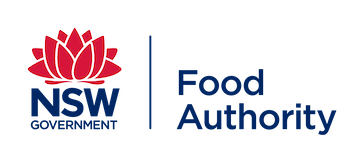Starting a food business
Food safety for retail businesses
Find my food safety requirements
Starting up a food business brings with it food safety requirements and obligations.
These depend on what the food is, where it is sold, and other factors.
Answer the questions below to find out what the food safety requirements are for your specific type of business.
Factsheets and resources
The Food Authority has produced a range of factsheets and resources relevant to different food business sectors:
- be prepared, be allergy aware
- cleaning & sanitising in food businesses
- handwashing in food businesses
- health & hygiene of food handlers
- product recall & withdrawal flowchart
- protecting food from contamination
- powers of authorised officers
For more see the resources.
Introductions to the full requirements that businesses need to meet are outlined on the relevant industry or retail sector pages.
Requirements not related to food safety
The Food Authority is not able to provide advice relating to:
- zoning, DA applications, noise restrictions—contact your local council
- tax, ABNs, insurance—contact a financial advisor or the Australian Taxation Office
- product development, shelf life testing or packaging suitability for specific products—contact a food/business consultant
- weights and measures—contact the National Measurement Institute
- liquor licensing—contact the Liquor & Gaming NSW
